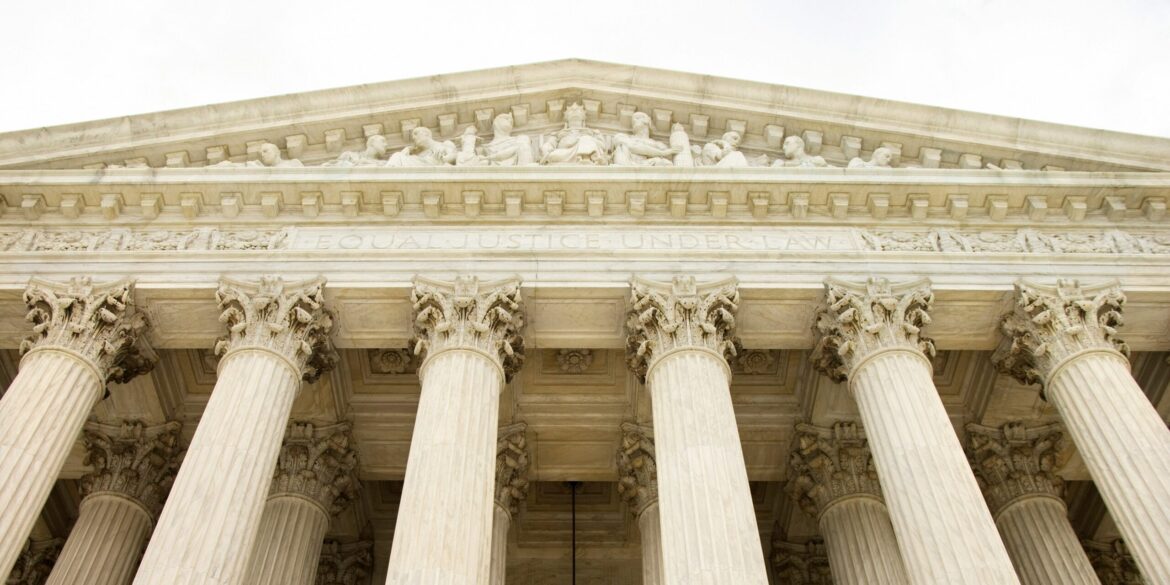The U.S. Supreme Court has decided not to hear an appeal regarding the copyright dispute over Ed Sheeran’s 2014 hit song “Thinking Out Loud.” The case, filed by Structured Asset Sales, alleged that Sheeran had copied elements of Marvin Gaye’s 1973 classic “Let’s Get It On.” With the Supreme Court’s decision to decline the case, the previous ruling stands, affirming that the similarities between the two songs were based on fundamental musical building blocks that are not eligible for copyright protection.
This legal battle, which has been ongoing for several years, centered around claims that Sheeran’s song was too similar to Gaye’s iconic track in its melody, rhythm, and chord progressions. However, the court ruled that such fundamental elements of music cannot be copyrighted, meaning that Sheeran did not infringe on Gaye’s work by incorporating common musical elements found in both songs.
The decision marks a major victory for Sheeran and his co-writer, Amy Wadge, who both expressed relief after a long and taxing legal process. Wadge, who co-penned “Thinking Out Loud” with Sheeran, shared her emotions following the Supreme Court’s ruling, describing the prolonged legal ordeal as a significant burden. “This has been a long journey for us, and we are just relieved to have this behind us,” Wadge said. “It’s been stressful, but we’re grateful for the outcome and ready to move forward.”
The copyright case had significant implications for the music industry, raising important questions about the boundaries of copyright protection and the influence of prior works on modern songs. In the ruling, the court underscored that basic musical building blocks—such as chord progressions and melodies—are in the public domain and cannot be claimed as the exclusive property of any one artist. This sets a precedent for future cases where the similarities between songs are based on common musical elements that have been used in countless pieces of music over the years.
The lawsuit, which was first filed in 2016, sparked debate about the extent to which artists should be allowed to draw inspiration from the music that came before them. While Sheeran and Wadge defended their work as original, the case highlighted how legal challenges over copyright infringement are becoming increasingly common in the digital age, where musical styles and sounds are often shared and replicated across platforms.
The Supreme Court’s decision to let the lower court’s ruling stand is expected to be a landmark moment for the music industry, clarifying the legal framework surrounding music copyright claims. It also serves as a reminder that legal disputes involving music can have a profound impact on the careers and mental well-being of artists. For Sheeran and Wadge, the end of this particular legal battle allows them to focus on their music, leaving behind the stress of a years-long court case.
With the legal matter now resolved, both Sheeran and Wadge are expected to continue their successful careers, undeterred by the prolonged litigation. The case, which drew significant media attention, will likely influence future copyright cases in the music industry, with potential ramifications for how songs are compared and judged in legal settings.

